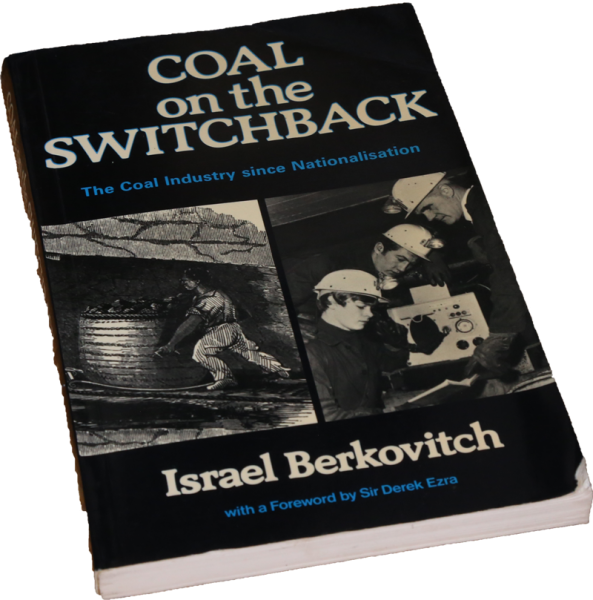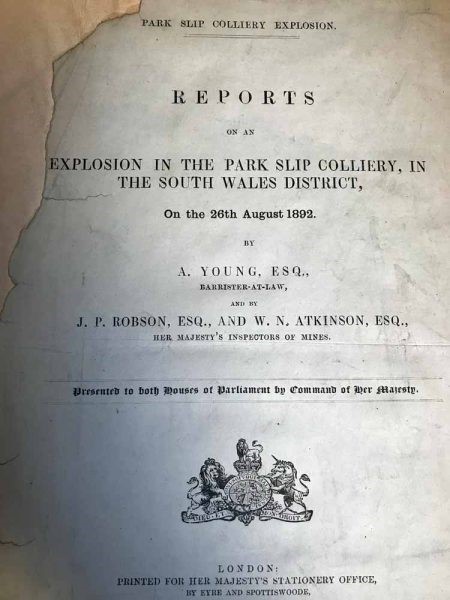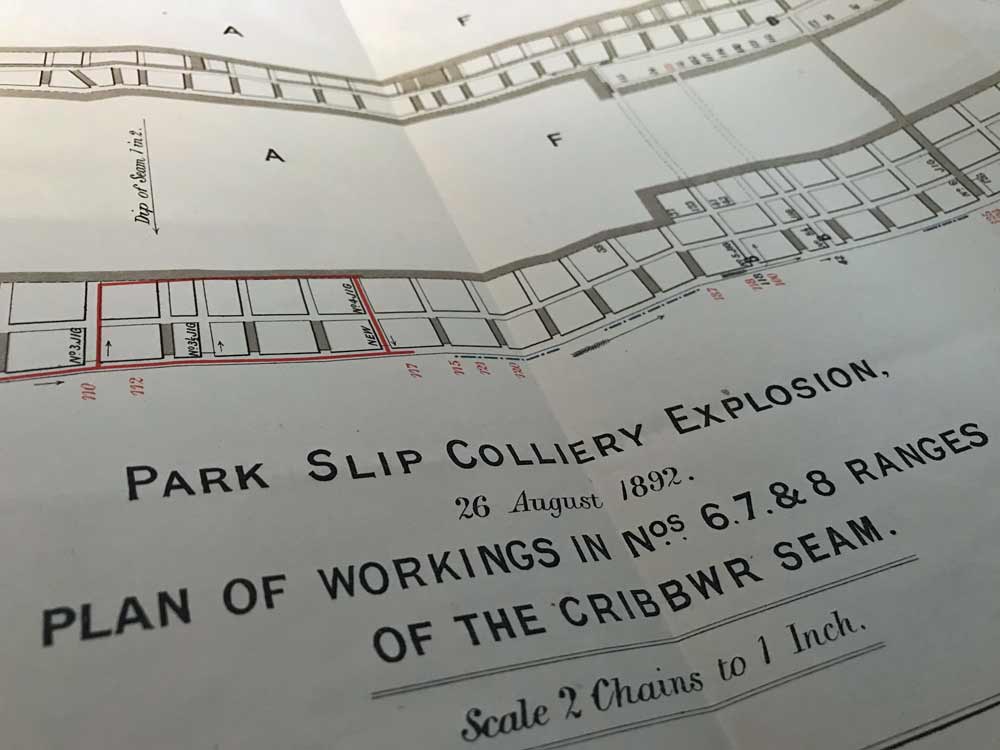A Walk Down Memory Lane
The footprints of coal usage are traced far back in history, with evidence spanning hundreds of years. It’s estimated that the UK saw over 150,000 tonnes of coal production between 1551 and 1560, a figure that escalated to nearly a quarter of a billion tonnes (250,000,000 tonnes) in the decade from 1901 to 1910.
Coal’s pivotal role in shaping nations and empires is undeniable. Its laid the groundwork for comprehensive transportation networks across continents and oceans, stimulated industrial growth, and ignited a wave of innovation and technological progress. This might explain our collective attachment to this energy source, an affinity we will explore in various blogs on energystory.org, including topics like “How Efficient Can Coal Become“, “An Icon’s Farewell“, and “Biomass vs Coal“.

Yet, in many Western economies, coal is on a downward trajectory. The growth of renewables and cleaner technologies is evident, but the undeniable legacy of coal, both positive and negative, persists. A prominent aspect of President Trump’s tenure was his unwavering support for the coal industry, underscoring the historical importance of coal in society.
Coal’s Personal Touch
While researching for this story, my focus was primarily on the technological aspects of coal, pouring over Israel Berkovitch’s “Coal on the Switchback” at a hotel near Doncaster. I couldn’t help but overhear a nearby table reminiscing about coal mines. I struck up a conversation with Joe, a cheery septuagenarian from the table, who shared stories from his long career in the industry, including working at Brodsworth mine and assisting in the closure and decommissioning of many others.

Joe warmly recalled his time in the mines, the camaraderie among his fellow workers, and even a visit from Sir Derek Ezra, who Joe had personally shown around Brodsworth. He boasted about Brodsworth being known as the Queen’s Colliery due to supplying coal to Buckingham Palace and Windsor Castle. His frustration was palpable when he lamented the “500 years” worth of coal left untouched underground. He didn’t have much to say about windmills or nuclear power.
Indeed, coal elicits a myriad of emotions, owing to its deep historical ties to communities across many countries. In the UK, entire villages sprouted around mines, housing generations of miners. My own family in the Welsh Valleys included miners. Sadly, we lost eight family members in the Park Slip Colliery explosion in 1892. Despite the harsh conditions they endured and the lack of any positive collective memories of mining, we continue to respect coal, visit monuments of its past industry, as though mourning a severed connection.


